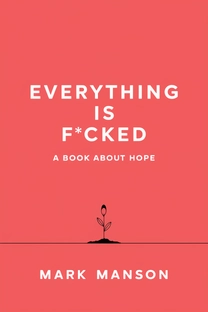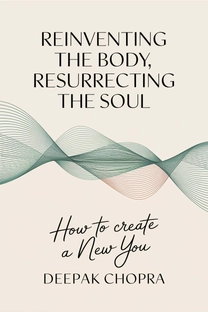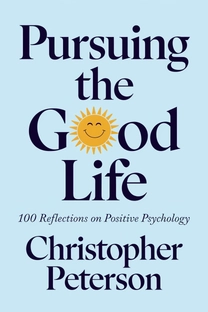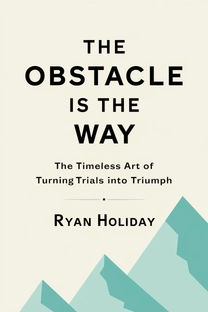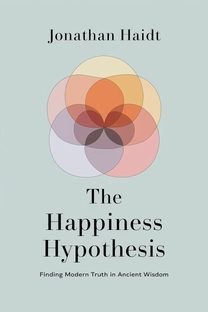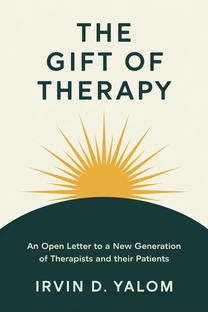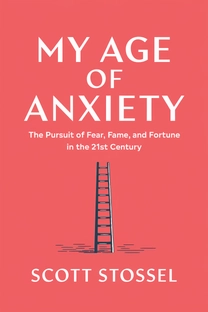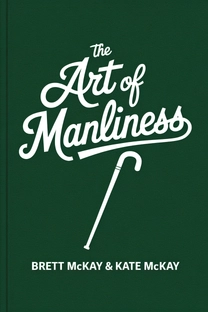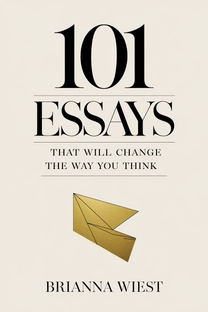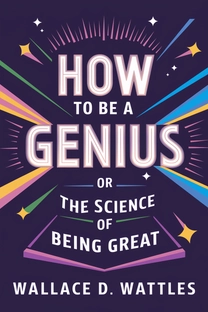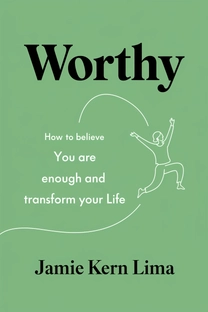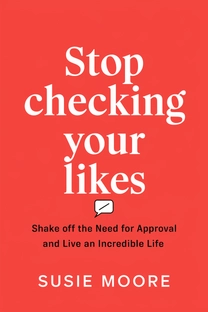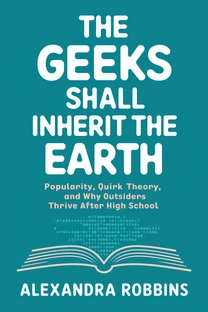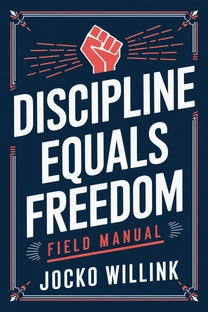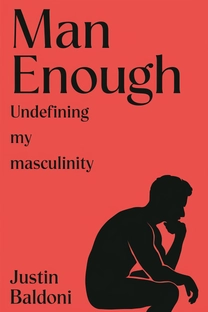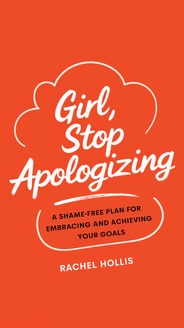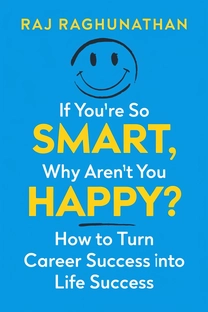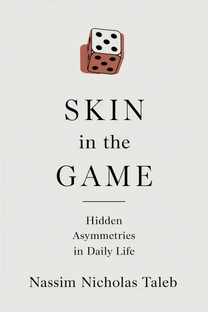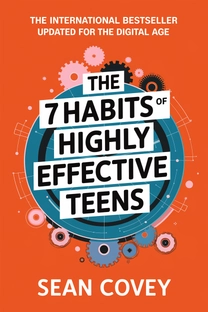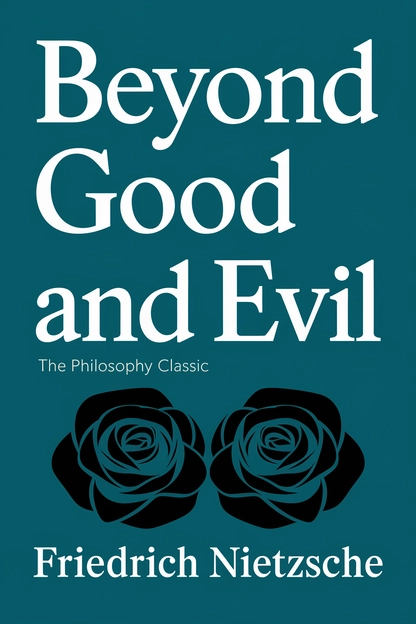
Beyond Good and Evil
The Philosophy Classic
by Friedrich Nietzsche
Brief overview
This book challenges the foundations of traditional morality and reveals how our values have been shaped by cultural and religious forces. It encourages you to scrutinize assumptions about “good” and “evil,” ultimately pushing you toward personal freedom and a deeper affirmation of life. It offers bold critiques of conventional truth, faith, and the modern mindset, inspiring you to think dangerously and creatively.
Introduction
Friedrich Nietzsche’s Beyond Good and Evil is a provocative look at morality, religion, and the nature of truth. Published in 1886, it built upon the themes from his earlier works and remains cornerstone reading for anyone seeking to challenge standard notions of good and evil.
Nietzsche believed Western philosophy had inherited unexamined assumptions from Christianity and Ancient Greece, assumptions that stifled creative thinking and genuine self-understanding. In particular, he felt moral concepts like “right” and “wrong” were not timeless facts but cultural constructs.
He championed the “free spirit”—a figure who questions every dogma, whether religious, scientific, or moral. This free spirit is unafraid to embrace life in all its complexity, including its tragedies. Through reading, expect to be urged to reevaluate your beliefs and find your own path.
The Will to Power
Central to Nietzsche’s philosophy is the notion of the will to power. For him, it is the fundamental drive underlying human behavior: the will to grow, dominate, and assert influence. This drive might manifest in the quest for knowledge, surgical skill, artistic creation, or any mastery of one’s environment.
He sees all life as a continual striving for expansion and control—though not always in brute, physical terms. Even seemingly gentle qualities, like generosity or empathy, can express the will to power when they serve a deeper personal strength or influence.
This concept challenges the idea of static moral frameworks. Rather than evaluating actions as inherently good or evil, Nietzsche prompts us to ask, “Does this act express a robust form of life, or does it weaken us?” In other words, do we flourish or do we diminish?
What is Beyond Good and Evil about?
Friedrich Nietzsche's "Beyond Good and Evil: The Philosophy Classic" is a landmark text in the realm of philosophical thought. Written in 1886, this work stands as a bold critique of the conventional morality that has long pervaded Western culture. Nietzsche fearlessly challenges the dichotomy of "good" and "evil," revealing them as constructs formulated by cultural and religious influences over centuries. Through this philosophical odyssey, readers are encouraged to think beyond established norms, dive deep into the human psyche, and pursue a quest for personal freedom.
The book explores Nietzsche's profound ideas like the "will to power," the distinction between "master" and "slave" morality, and the concept of perspectivism. By tackling the historical constructs of morality and the nature of truth, Nietzsche inspires readers to scrutinize their deeply ingrained beliefs. His daring propositions empower individuals to embrace life's complexities, including suffering, enabling them to affirm their existence with a dynamic, creative spirit.
Review of Beyond Good and Evil
"Beyond Good and Evil" emerges as a critical text that boldly deconstructs the traditional moral dogmas of Western philosophy. Nietzsche's sharp perspective on morality and truth invites readers into a world where values are not static but fluid and culturally constructed. Enriched with the vigor of his prose, Nietzsche's work captivates by not only presenting philosophical arguments but by demanding introspection and critical thought.
Key strengths of this book include its vivid exploration of the "will to power" and the challenge it poses to the established constructs of "good" and "evil." Nietzsche's prose strikes a balance between erudition and accessibility, making complex ideas feel tangibly provocative and insightful. Readers are encouraged to traverse a territory where conventional truths become suspect, prompting a reevaluation of personal potential and societal norms.
The practical applications of Nietzsche's ideas encourage readers to break free from the constraints of conventional morals in pursuit of self-mastery. His critiques hold relevance for independent thinkers, scholars, and anyone on a quest for authenticity. "Beyond Good and Evil" lays the foundation for a fresh moral outlook, cementing its position as essential reading for those yearning to craft a life led by individual strength and intellectual curiosity.
Who should read Beyond Good and Evil?
- Philosophy Students: Offering a comprehensive critique of Western philosophy, this book is indispensable for those studying Nietzsche’s works and broader philosophical concepts.
- Independent Thinkers: Those who value questioning societal norms and crafting unique perspectives will find Nietzsche's insights especially empowering.
- Intellectuals Engaging with Moral Philosophy: Scholars and researchers exploring moral values and ethics will gain fresh perspectives from Nietzsche's radical revaluations.
- Creative Artists: Individuals involved in creative fields may resonate with Nietzsche's emphasis on originality, pushing beyond conventional boundaries.
- Spiritual Seekers: Those interested in redefining their life values beyond traditional religious doctrines could find Nietzsche's thoughts liberating.
About the author
Book summaries like Beyond Good and Evil
Why readers love Mindleap
10-Minute Book Insights
Get the core ideas from the world's best books in just 10 minutes of reading or listening.
Curated For You
Discover your next favorite book with personalized recommendations based on your interests.
AI Book ExpertNew
Chat with our AI to help find the best book for you and your goals.
Reviews of MindLeap
Love how I can get the key ideas from books in just 15 minutes! Perfect for my busy schedule and helps me decide which books to read in full.
Alex R.
The summaries are incredibly well-written and the audio feature is perfect for my commute. Such a time-saver!
Jessica M.
Great app for personal growth. The insights are clear and actionable, and I love how they capture the essence of each book.
Chris P.
The app is beautifully designed and the summaries are top-notch. Definitely worth every penny!
Sarah K.


